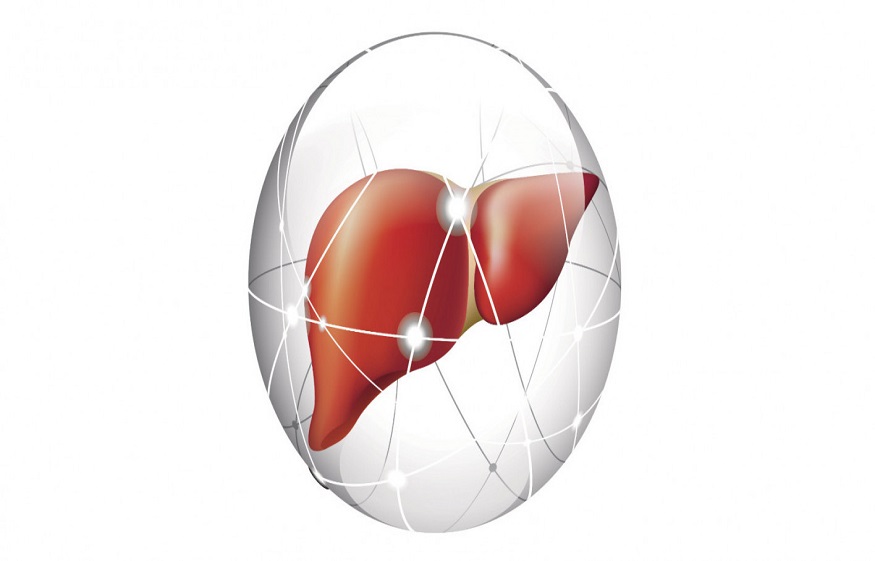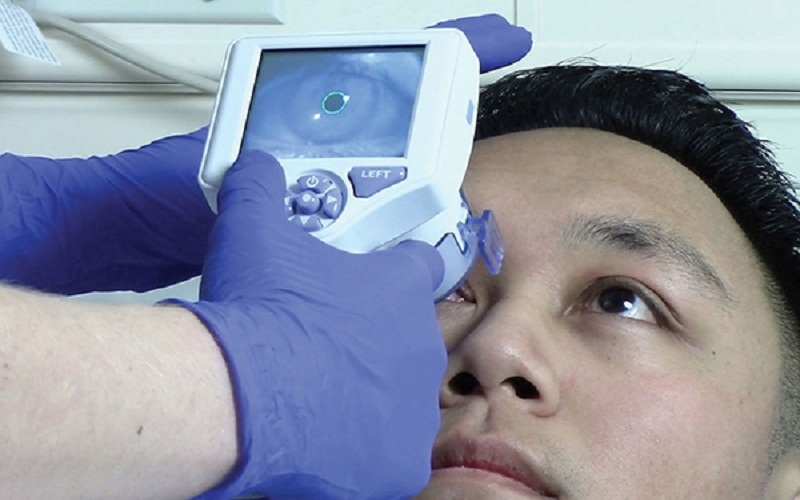
If you’re considering a liver biopsy to look for cancer or to check for an infection, you might be thinking about Regorafenib. This is one of the more popular liver detoxification medications on the market. It is part of the “combination” category of medications for liver problems, and it is part of the new wave of treatments that are taking patients’ health into their own hands. But is it really better than other liver detoxification medications? How does Regorafenib at https://www.aasraw.com/products/regorafenib/ stack up against its competitors?
In order to answer this question, we need to take a look at how liver cell carcinoma starts, and how it can be treated. There are basically two ways that cells in the liver can become malignant. One way is through an infection, as mentioned above. The second way is through genetic changes within the cells, which can be caused by various things. If there’s a genetic predisposition for liver cell carcinomas, then doctors usually try to treat them by removing the cell. But if there isn’t that much of a genetic predisposition, and the person develops the disease suddenly and unexpectedly, they may try to target it with drugs that target the metabolizing enzyme.
Regorafenib is taken to help the liver to get better results in cell carcinoma with Regorafenib. It does so by interfering with the way that glucose is absorbed into the cell, preventing glucose from getting to the liver to cause problems. Since glucose is essential for the human body, if this drug is able to interfere with the way glucose gets into the cell, then the body can use its own insulin to get glucose to where it needs to go.
While Regorafenib can cause side effects like nausea and vomiting, these are generally mild and are rarely dangerous. In fact, you probably won’t even notice them. The only potential side effect you might notice is that you’ll lose some of your weight. Because of how quickly Regorafenib work at getting rid of fat, you can expect that the results in liver cell carcinoma with Regorafenib will usually be very good.
As you can see, there is very little danger involved in taking Regorafenib, especially compared to other drug options for liver cell carcinoma with Regorafenib. This is a great example of how using natural alternatives can give you better results than chemical options. By using natural solutions, you can eliminate the risk of negative side effects from drugs while giving your body the nutrients it needs to repair the cancer and stop further growth of cells in the affected areas of your body. Natural solutions will also help you make sure that your liver functions properly so that it can get better results in liver cell carcinoma with Regorafenib.
Regorafenib isn’t the only drug out there that will give you results in liver cell carcinoma with Regorafenib. But if you’re looking for a fast way to treat this disease, you’ll want to look into Regorafenib instead of other options. You can even talk to your doctor about taking Regorafenib. If your doctor gives you the go ahead, you should find out more about the effects in liver cell carcinoma with Regorafenib. And if you find that you don’t like the results in liver cell carcinoma with Regorafenib like Acalabrutinib(ACP-196), you may want to try another drug that may work better in your case.



